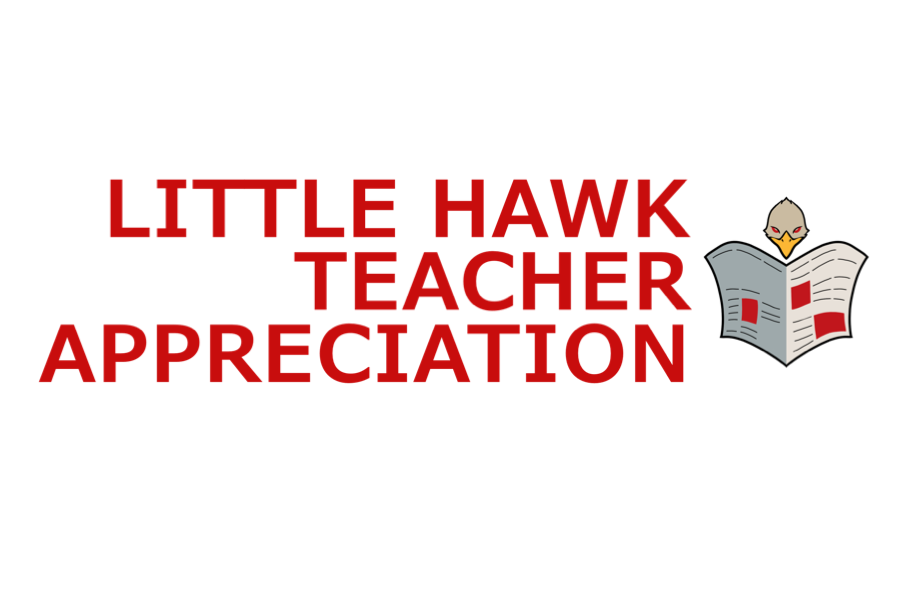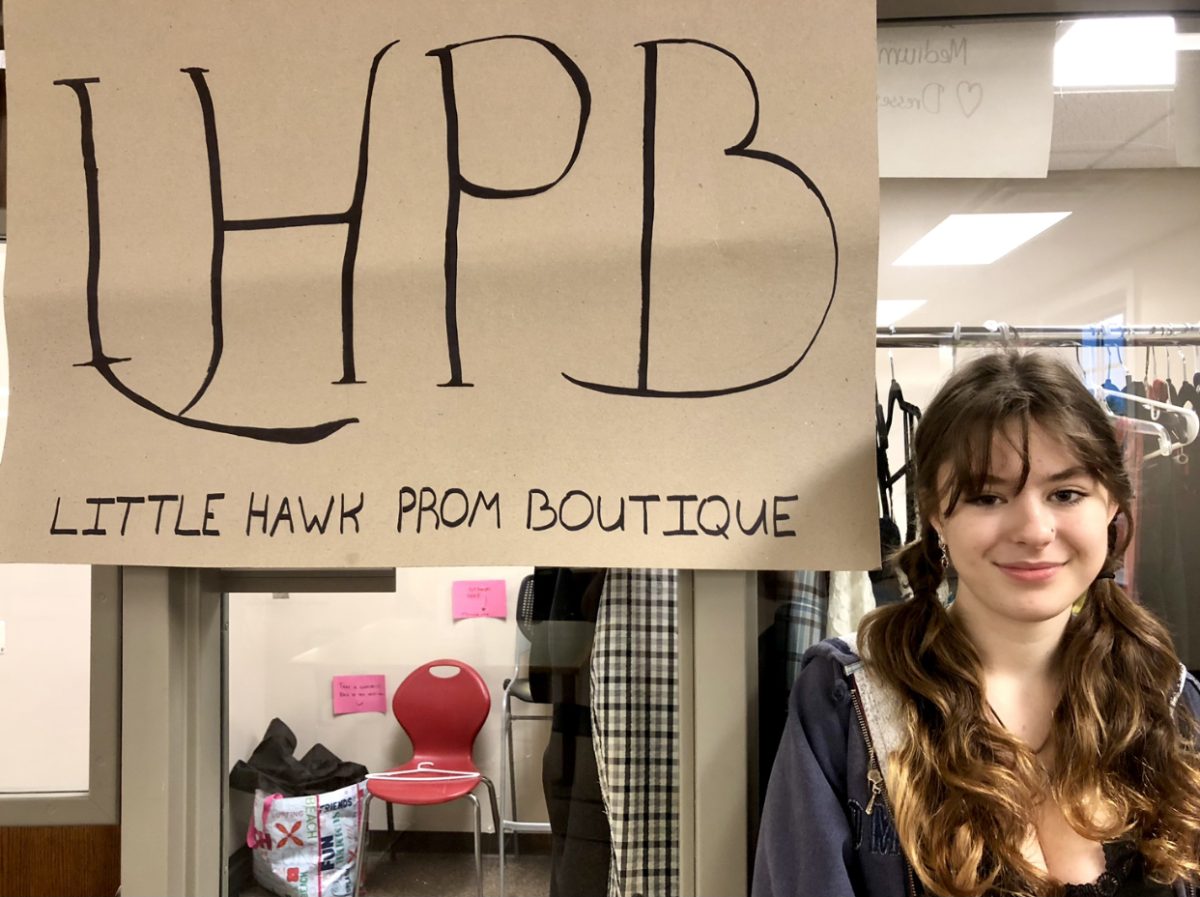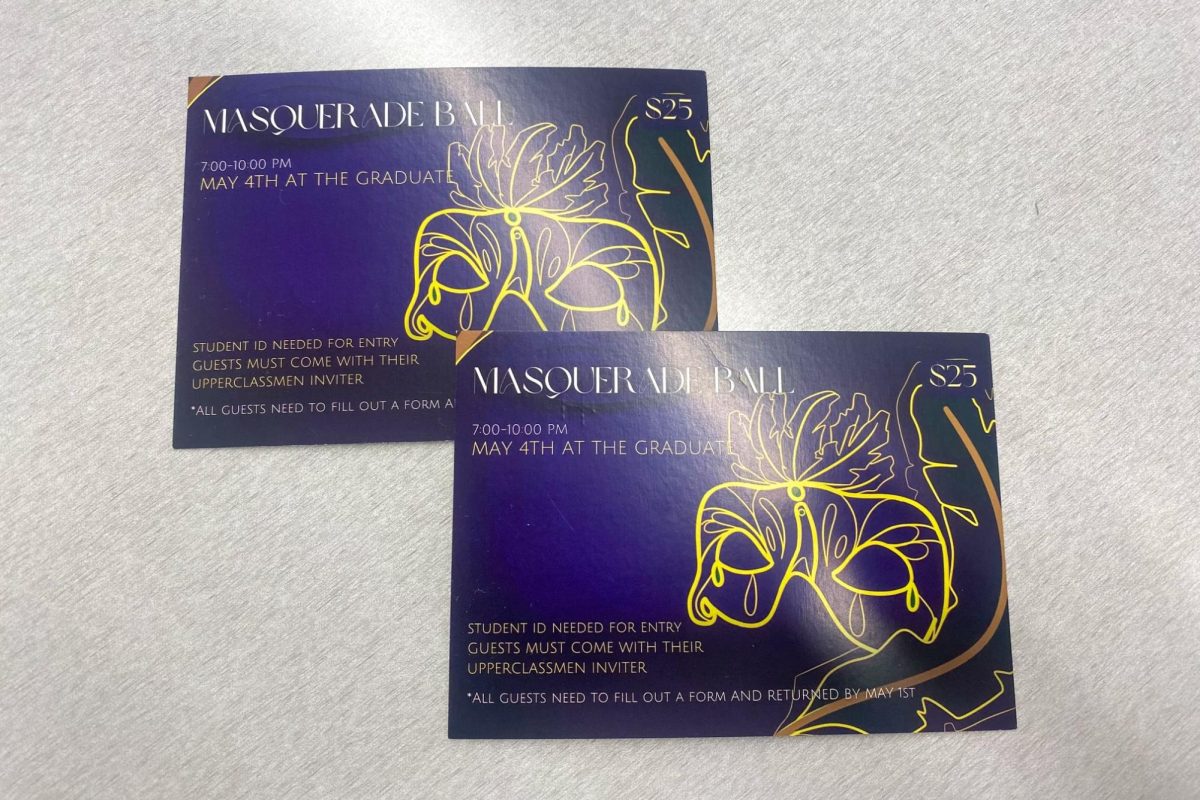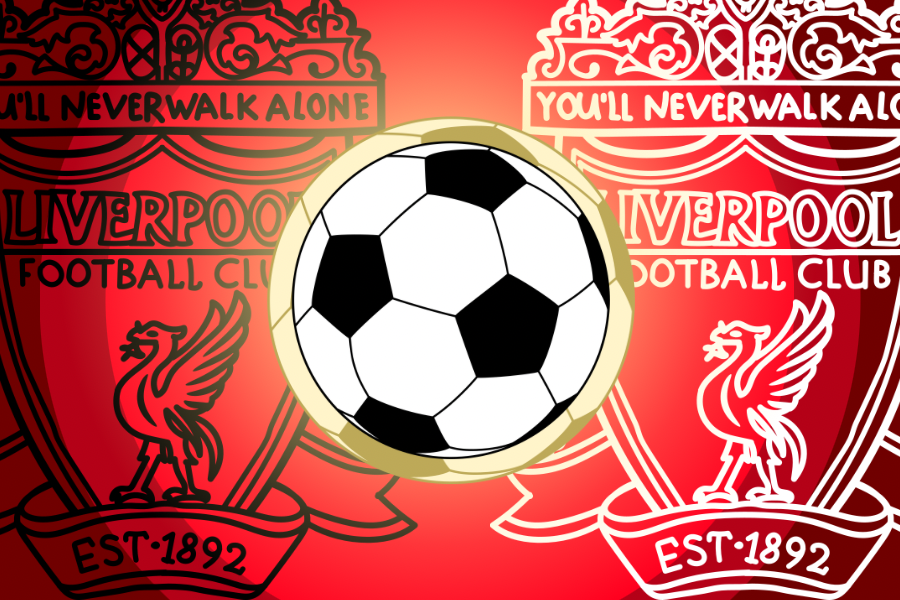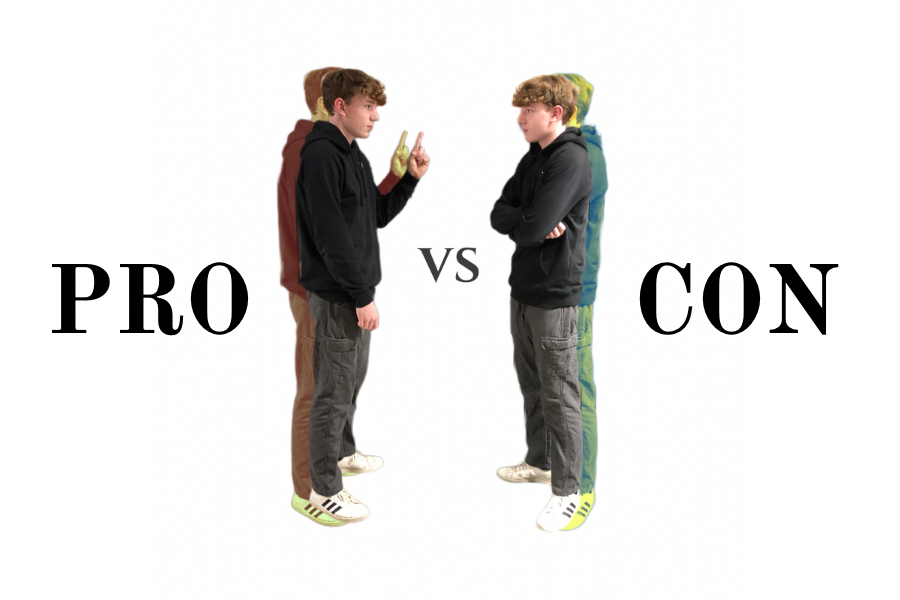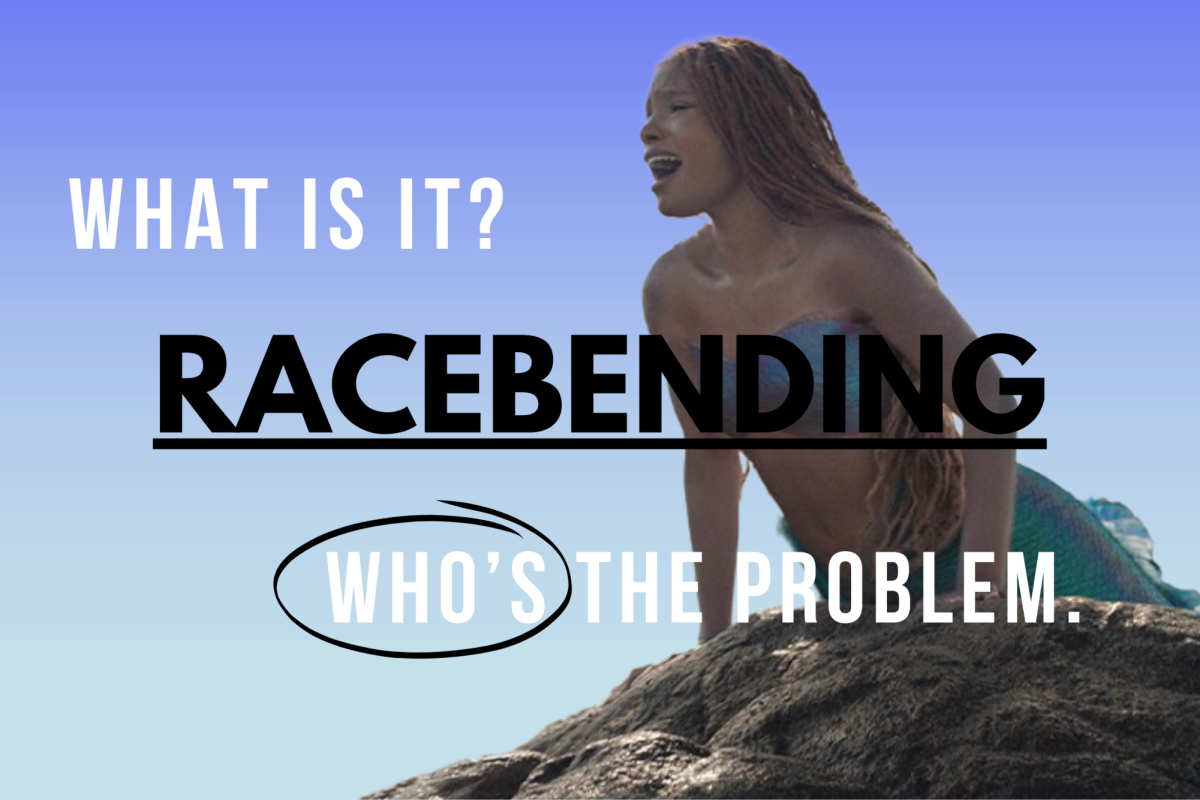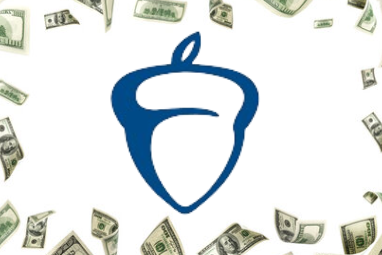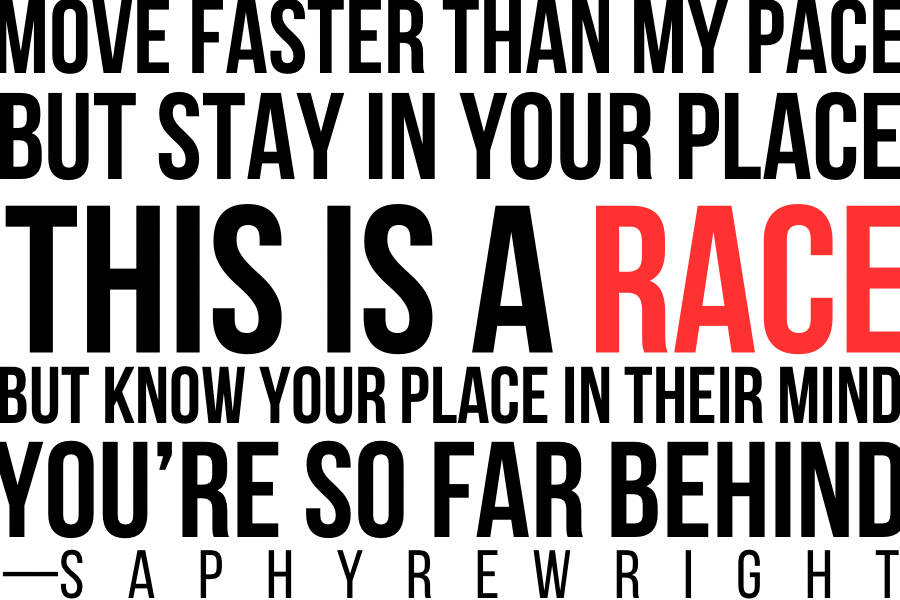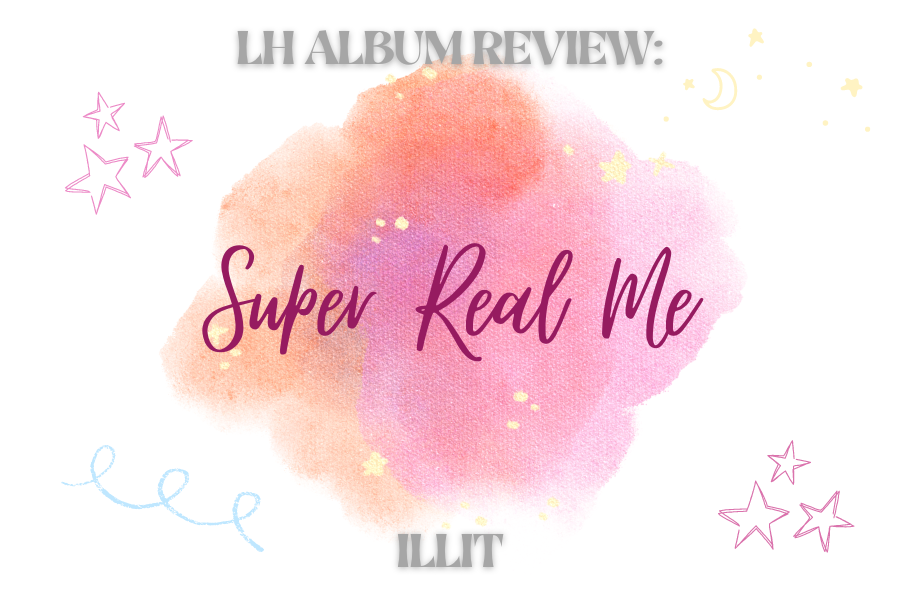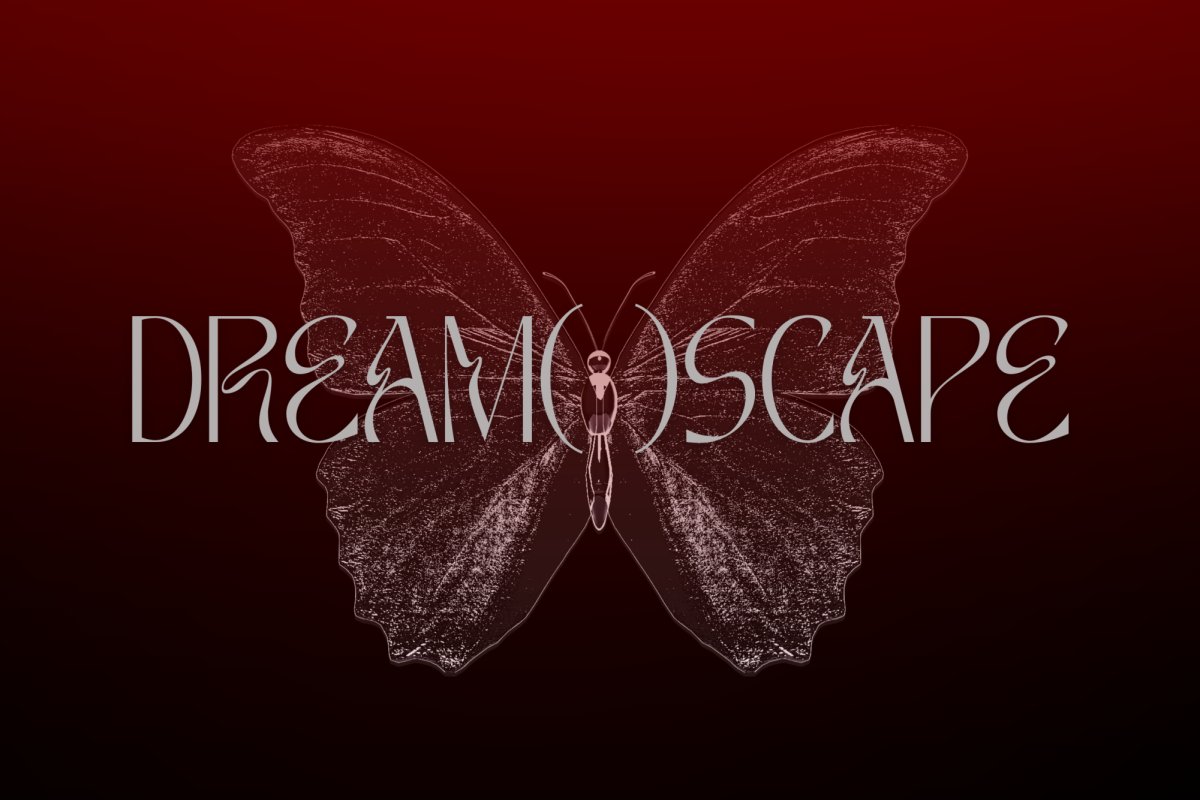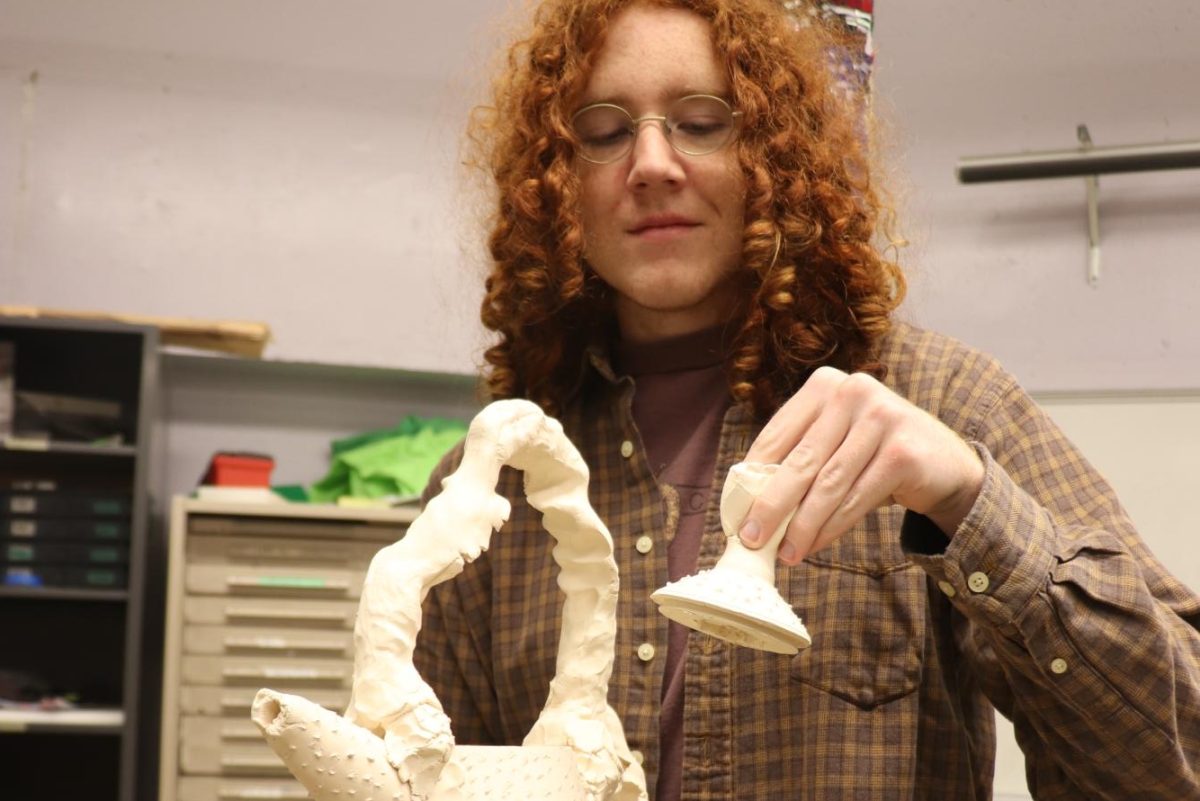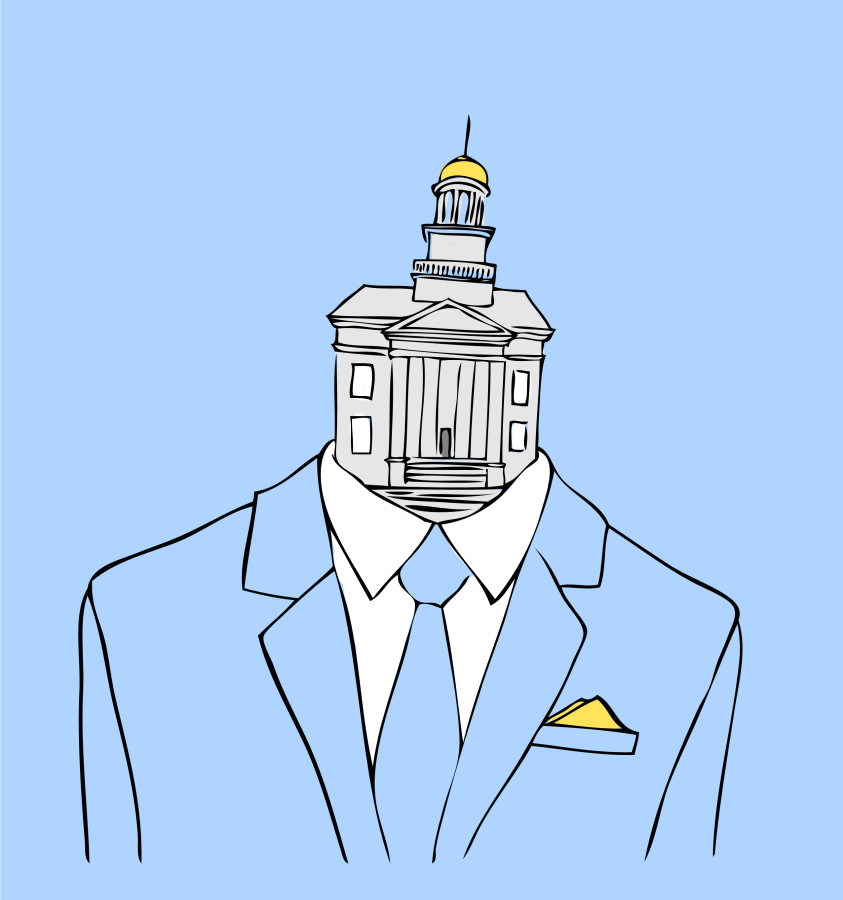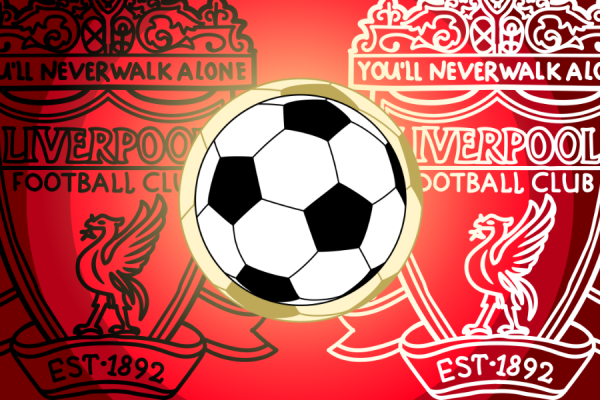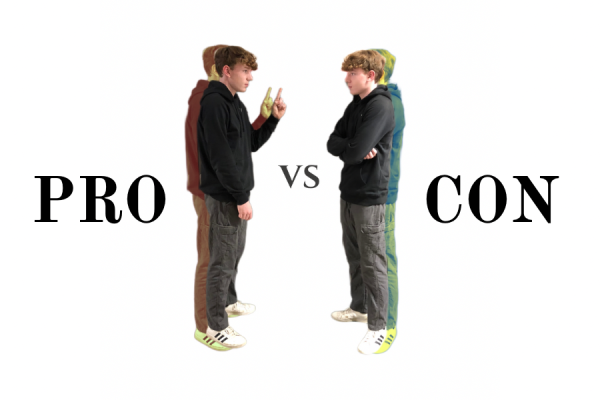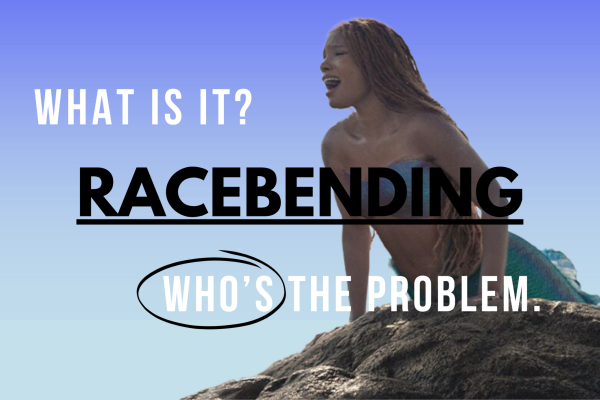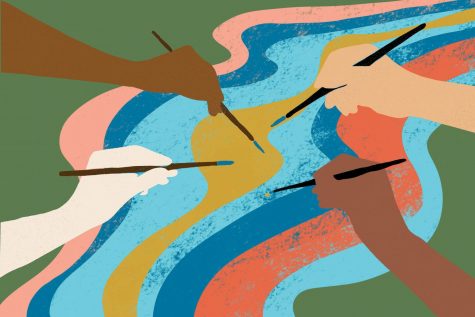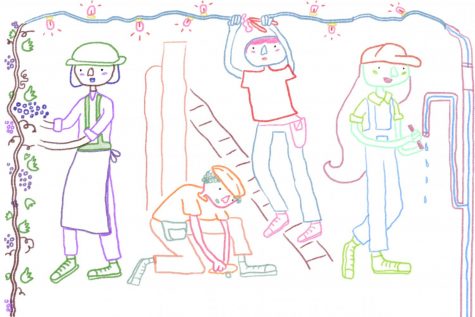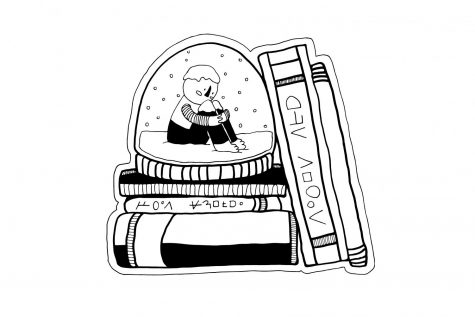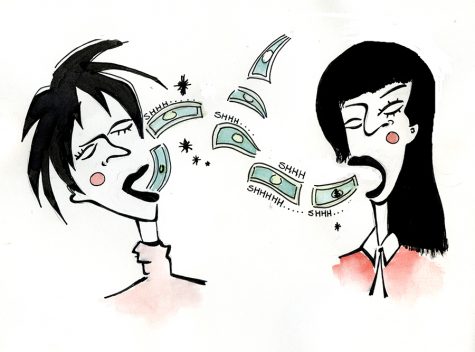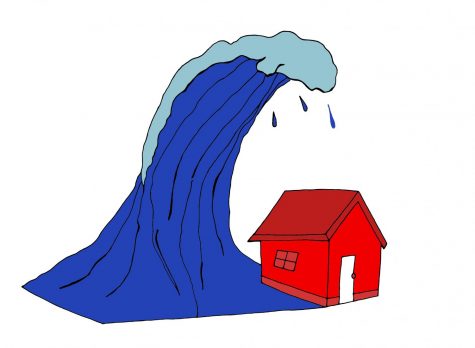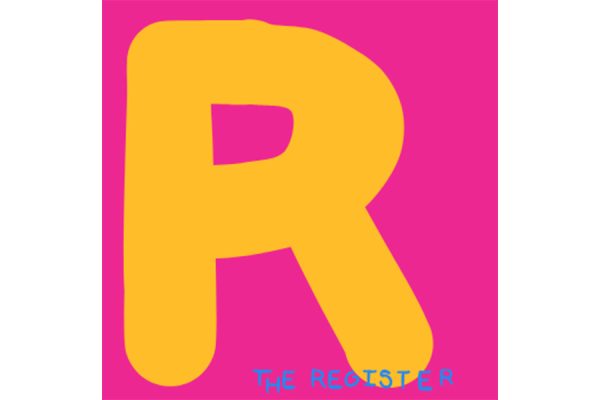Staff Editorial: University Inc.
Staff Question: Do modern universities more closely resemble businesses or academic institutions?
Businesses: 14 Academic Institutions: 4
In many ways, our world is not the world of our parents and grandparents. And one of the biggest differences is the disturbing and increasingly apparent shift of universities from academic institutions to what more closely resemble businesses. A great example of this happened here in Iowa City several months ago in the election of the University of Iowa’s new president.
The most glaring example are the astronomically high cost of attending college today. The fact that so many Americans are in debt because of their education that it’s a presidential issue seems absurd. 40 million Americans collectively owe the government around a trillion dollars in student loan debt. The College Board estimates that the yearly budget for someone attending an in-state public college to be around $23,000, with a yearly budget for someone attending an in-state private college is a bit over $46,000. Yet, according to the job placement firm Adecco, 60% of college grads can’t find work in their field.
That means that the college system is gradually becoming more of a hustle. Colleges are constantly leading tours and sending letters and postcards portraying their immaculately groomed campuses in order to enchant and entice more young people to come here and pay them small fortunes. Behind the scenes, according to the New England Center for Investigative Reporting, many colleges now employ more senior administrators than professors. Such a massive bureaucratic staff is needed to maintain what the modern college has become: a massive business which needs an army of regulators and worker-bees to maintain it’s day-to-day operations.
It can be seen just as easily in the shift that has occurred in campus culture over the last few years. College campuses were once places where young people were exposed to new ideas. Yet in the modern college environment there has been a frightening cultural shift. Many colleges now employ speech codes, many of which are ambiguous and non-specific about the actions they prohibit, in order to prevent their students from becoming offended. Likewise, colleges in recent years have disinvited speakers at an alarming rate, around 50 since 2013 according to the Foundation for Individual Rights in Education, to prevent offending their students. While I do understand that there are certain subjects that are sensitive, people shouldn’t be deliberately kept away from ideas that they disagree with. That can only lead to a massive demographic of small-minded people who take it as a personal insult to be presented with an idea they disagree with. People do not have a right to not be offended, and a large group of people that think they’re entitled to such a right would be a very dangerous thing.
The issue has been brought to the public eye close to home lately with the choosing of the former IBM executive Bruce Harreld. Harreld is a businessman who gained the office with the support of Iowa governor Terry Branstad. However, he has next to no previous education experience. In fact, less than two percent of the University of Iowa faculty felt that he was qualified for the position, according to the Des Moines Register. So, naturally, the faculty was surprised when Harreld was named president. After he was named president, the Faculty Senate at the University issued a vote of no-confidence in the Iowa Board of Regents, a move which was then backed by faculty groups at Iowa State University and the University of Northern Iowa. So then why would such a man be appointed to run a university? Because he isn’t there to run a school, which is something he is not qualified to do. He’s there to run a business, which is what he’s done for years and is adept at.
Knowing all of this, one has to wonder how far this trend will go. Either way, the shift in colleges’ focus from education to business is worrying. If there is to be a change, it’s up to the students to facilitate it.
Your donation will support the student journalists of Iowa City High School. For 2023, we are trying to update our video and photo studio, purchase new cameras and attend journalism conferences.

This isn't my first time here. AS per usual, I've been chopping down trees. But I've been doing something different for this fight. So far, I've wrassled...


